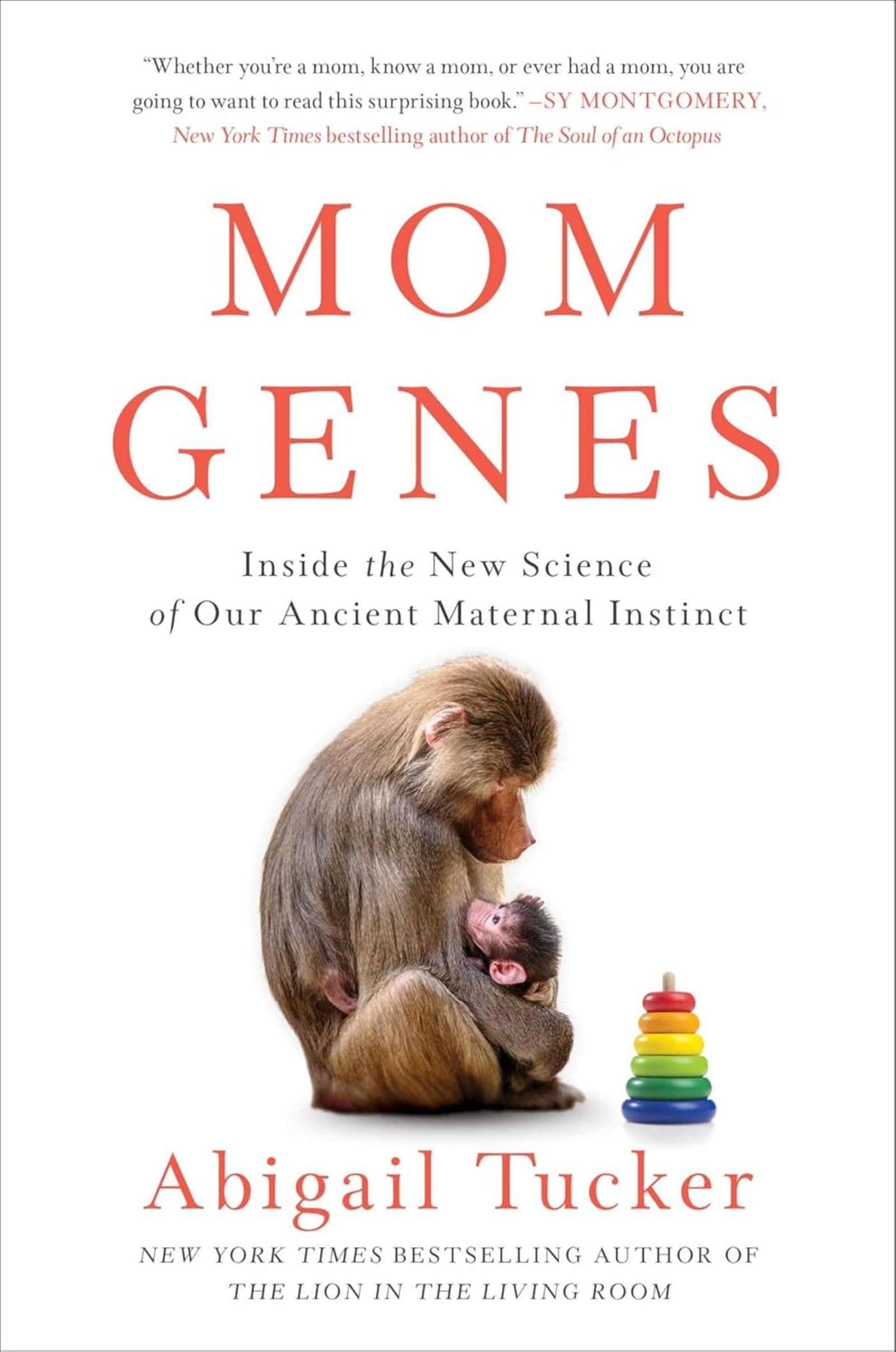Science writer Abigail Tucker examines how the COVID-19 pandemic reshaped the biological and social dimensions of motherhood. Mom Genes explores the transformation mothers undergo—physically, neurologically, and emotionally—during pregnancy and birth, including how fetal cells alter maternal biology, sometimes enhancing long-term health. Against this backdrop of adaptation, Tucker foregrounds the pandemic’s social disruptions: job loss, domestic isolation, and weakened support systems that disproportionately affected mothers.
While evolutionary biology suggests maternal resilience in the face of disaster, Tucker argues that COVID-19 exposed and exacerbated systemic failures. She cites a decline in premature births as evidence of physiological adaptation, yet warns of a growing deterrent to motherhood amid insufficient social infrastructure. Her analysis highlights the need to protect mothers not only from viral threats but from the structural vulnerabilities intensified by crisis.

Citation: Tucker, Abigail. Mom Genes: Inside the New Science of Our Ancient Maternal Instinct. Gallery Books, 27 April 2021. NON-FICTION, SCIENCE | US. jb/ig
Source Type: Scholarship on COVID-19 Studies
Country: US
Date: 21-Apr-2021
Keywords: Biology, Birth, Maternal Instincts, Motherhood during COVID-19, and Social Support for Mothers